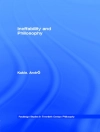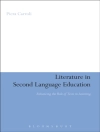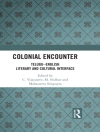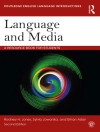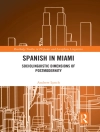What if my own multilingualism is simply that of one who is fluent in way too many colonial languages?
If we are going to do this, if we are going to decolonise multilingualism, let’s do it as an attempt at a way of doing it.
If we are going to do this, let’s cite with an eye to decolonising.
If we are going to do this then let’s improvise and devise. This is how we might learn the arts of decolonising.
If we are going to do this then we need different companions.
If we are going to do this we will need artists and poetic activists.
If we are going to do this, let’s do it in a way which is as local as it is global; which affirms the granulations of the way peoples name their worlds.
Finally, if we are going to do this, let’s do it multilingually.
Mục lục
Part 1: Decolonising the Multilingual Body
Chapter 1. Deep Pain is Language Destroying
Chapter 2. More than One Voice
Part II: Decolonising the Multilingual Heart
Chapter 3. Hospitality – Well Come
Chapter 4. Attending to the Gist
Chapter 5. Waiting
Chapter 6. Waiting Brides
Chapter 7. Waiting Bodies
Chapter 8. Screens
Chapter 9. Parting Gifts
Chapter 10. Muted and Hyphenated
Part III: Decolonising the Multilingual Mind
Chapter 11. ‘Chitsva chiri mutsoka – Gifts are in the Feet’
Chapter 12. Mihi
Chapter 13. Te Reo -The Māori Language
Chapter 14. Conclusions
Giới thiệu về tác giả
Alison Phipps holds the UNESCO Chair in Refugee Integration through Languages and the Arts at the University of Glasgow, where she is also professor of languages and intercultural studies and co-convener of Glasgow Refugee, Asylum and Migration Network (GRAMNET).


